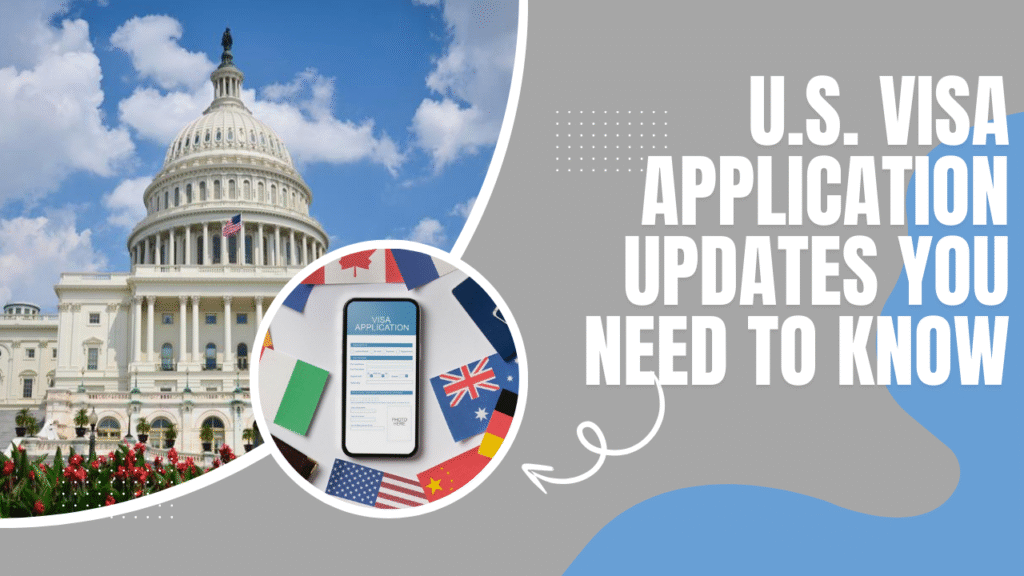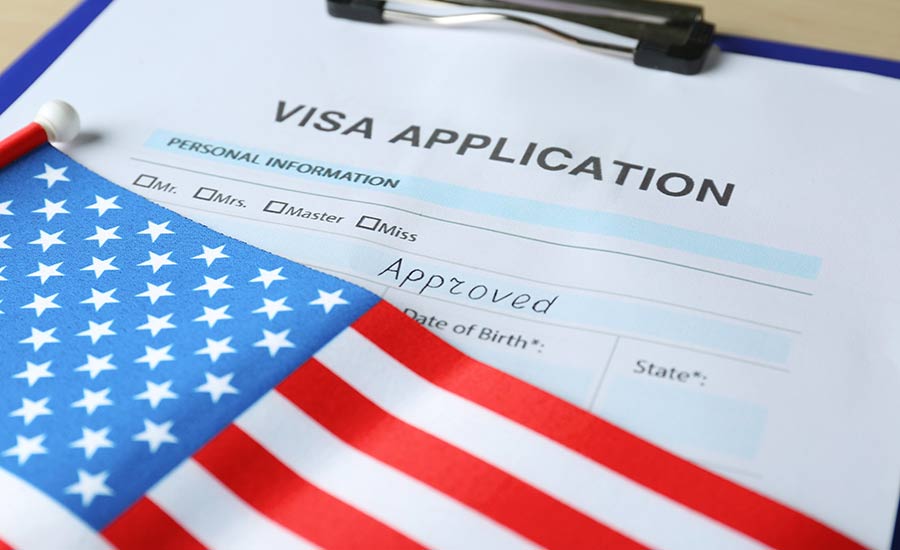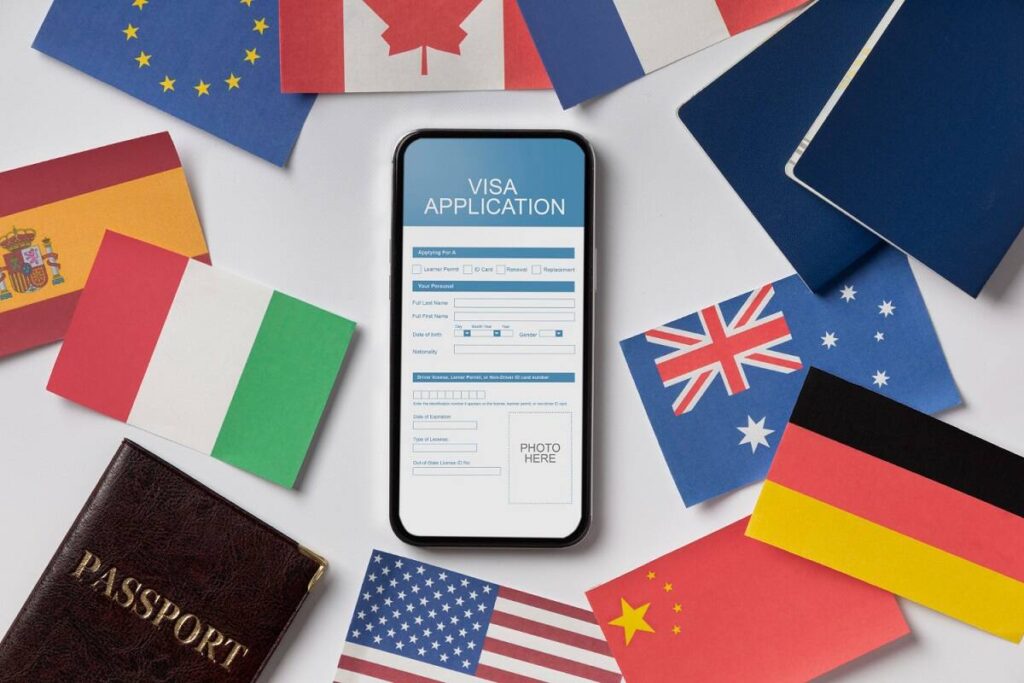
For Nigerians and many other international travelers, the United States is still one of the most popular destinations for studies, work, tourism, or family visits. But in 2025, the U.S. has introduced several important visa updates that every applicant should know.
These changes affect first-time applicants, students, visitors, and even people who already hold a valid visa. At Fly Consular we have prepared this guide to explain everything in simple terms so you understand what’s new and how it may affect your plans.
Starting September 2, 2025, every visa applicant must now attend an in-person interview at a U.S. embassy or consulate. This includes children and people renewing visas. Previously, some applicants qualified for interview waivers, but that option is now gone. This mean:
1. Mandatory Interviews for All U.S. Visa Applicants
- Parents must take children to interviews.
- Even if you had a visa before, renewal now requires another interview.
- Expect longer wait times for interview slots.
This rule is aimed at strengthening security checks and ensuring that all applicants are properly vetted.

2. Continuous Monitoring After Visa Approval
Many assume that once a visa is granted, they are safe until it expires. That’s no longer the case. In 2025, the U.S. government confirmed that it now continuously vets visa holders after entry. Now your visa can be revoked at any time if:
- You overstay your permitted period.
- You commit a crime.
- You are considered a security risk.
This matters because even after approval, you must follow visa conditions strictly to avoid cancellation.
3. Student Visa Scrutiny and OPT Concerns
The U.S. continues to attract thousands of Nigerian students each year. A big draw is the Optional Practical Training (OPT) program, which allows F-1 students to work in the U.S. for 12 months after graduation (and up to 36 months for STEM graduates).
This year, the U.S. government has begun tighter screening of F-1 visa applicants, including a new requirement to submit social media handles for review. While no official rollback of OPT has been announced, immigration experts believe closer monitoring of student visas could lead to stricter checks on how OPT is used in the future.
In summary; OPT remains available, but students should expect more scrutiny during the visa process. Applicants should ensure their online and application records are consistent and transparent.
4. Stricter Citizenship Reviews
Applying for U.S. citizenship has always required applicants to show “good moral character” which is a broad standard that covers tax compliance, honesty in applications, and following U.S. laws.
In 2025, immigration lawyers report that this rule is being applied more strictly, with officials paying closer attention to even minor issues such as unpaid taxes or past legal violations.

5. Special Updates for Nigerian Applicants
If you’re applying from Nigeria, here are changes you need to know:
- DS-160 barcode must match: The code on your DS-160 form must match your appointment confirmation.
- Interview city locked: You must attend your interview in the city you selected either in Lagos or Abuja. You cannot switch.
- Two appointments for immigrant visas: Immigrant visa applicants now attend two visits: one for document review and another for the actual interview.
- Visitor visa validity extended: The B1/B2 visa for Nigerians now lasts 5 years, up from the previous 2 years. This is a major benefit for frequent travelers.
Conclusion
The U.S. visa system in 2025 has become stricter and more demanding. Applicants must now prepare for:
Mandatory interviews, Continuous monitoring after arrival, Possible financial bonds for certain countries, and Stricter checks on students and citizenship seekers.
For Nigerians, the extension of visitor visas to 5 years is a welcome development, but the new rules around interviews and immigrant visas make preparation more important than ever. If you’re applying for a U.S. visa, check in regularly with us at Fly Consular, in order to stay informed, prepare documents carefully, and always follow official embassy updates. A small oversight could cost you approval.